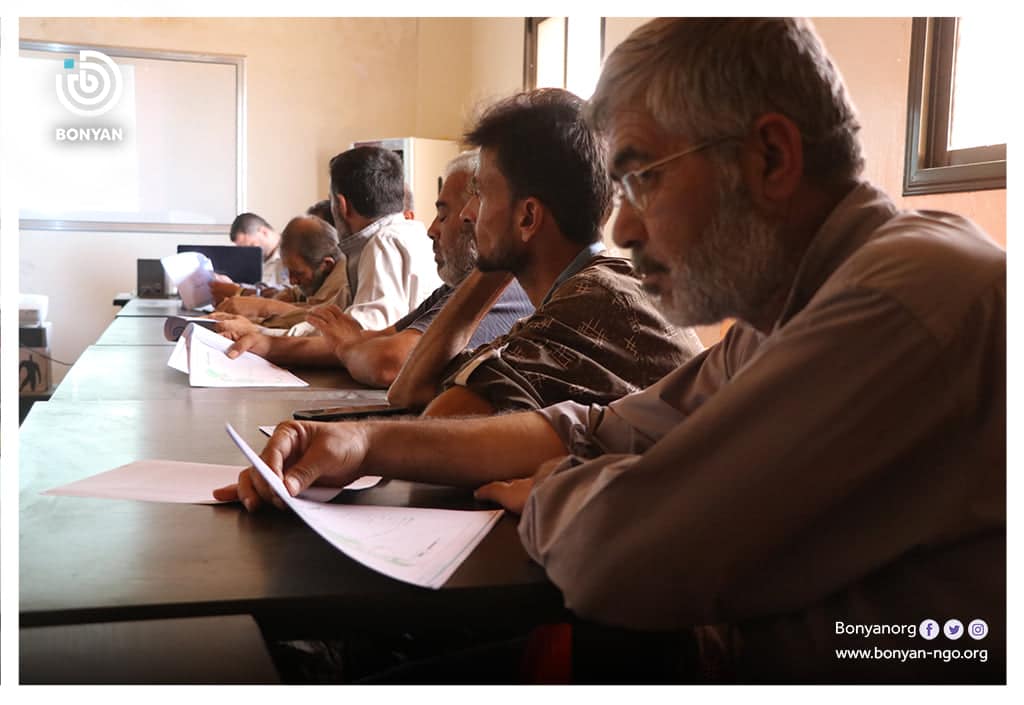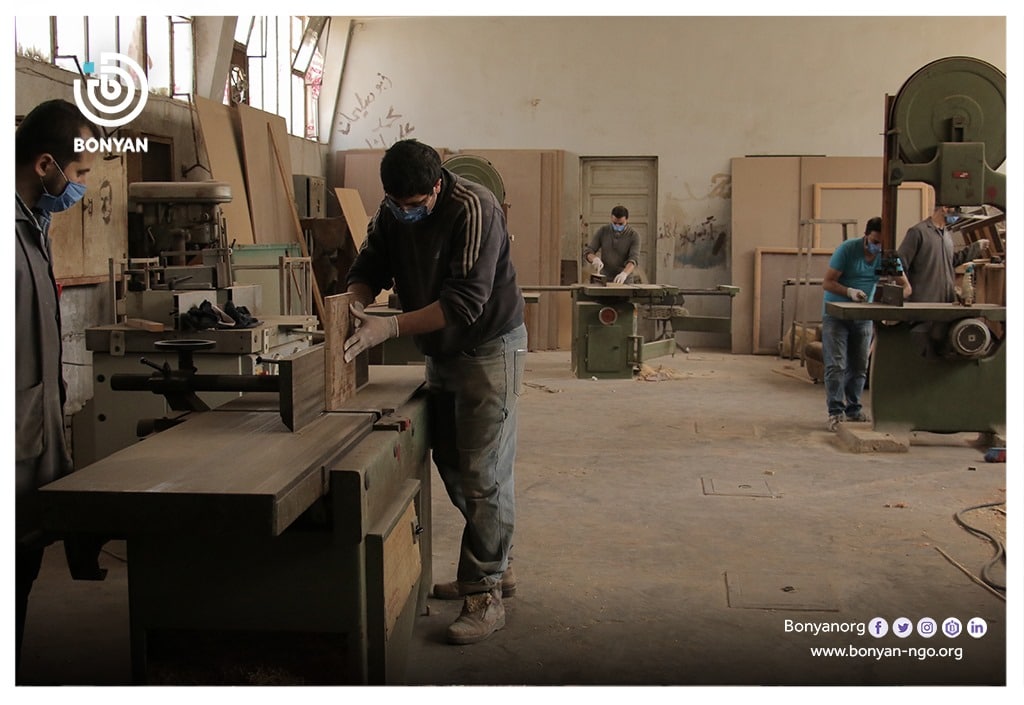Economic Inclusion of Refugees
All refugees should be included in the country’s economy because refugees can be labor in the host country and can give a hand by increasing the country’s economy.
In many countries, refugees are a part of the country’s economy. Host countries must invest the skills of the refugees in supporting their local economy.
The Challenge for the Host Countries
It is not easy for the host country to know all the skills and knowledge, so there are many challenges for the host government to face.

The Right to Work for Refugees
The right of refugees to work and access labor markets is an essential factor on which they depend to become self-sufficient, build their lives, maintain their dignity, and enable them to contribute to their host societies.
Host countries should assess the possibility of opening their labor markets to refugees and enhancing access to decent work.
The 1951 Convention Relating to the Status of Refugees granted refugees the right to work, but many host countries are unwilling to grant them this right.
This discontent reflects the various manifestations of concern expressed by these countries about the distortion in the labor market, the limited capacity to absorb new labor, overcrowding in some sectors, the availability of jobs for citizens, low wages, and poor working conditions. Host governments may also succumb to popular opposition to the rights of refugees to work and security fears of large numbers of refugees settling and entering the labor market.
Confusion Between Refugees and Migrants
Many people don’t know the difference between migrants and refugees.
Migrants choose to move not because of a direct threat of persecution or death but mainly to improve their lives by finding work or, in some cases, for education, family reunion, or other reasons. Unlike refugees who cannot safely return home, migrants face no such impediment to return. If they choose to return home, they will continue to receive the protection of their government.
Refugees are who have been forced from their country, and their situation is often so perilous looking for a safe place to live and thus become internationally recognized as “refugees” with access to assistance from States, UNHCR, and other organizations. They are so recognized precisely because it is too dangerous for them to return home, and they need sanctuary elsewhere. These are people for whom denial of asylum has potentially deadly consequences.

Labor Exploitation in Developing Countries
Refugees’ right to work and access to labor markets is one of the main ingredients needed to secure sustainable livelihoods. This reduces their vulnerability, enhances their resilience, and enables them to gain a decent life.
Many employers exploit refugees by giving them less than the original workers in the country, especially in developing countries because there is a few labor force in the country because of the migration.
Importance of Economic Inclusion for Refugees
Economic inclusion for refugees is essential to improving refugees’ situation in the host country.
When the economy gets better, the main life for all country’s people becomes easier.
Rebuilding Lives
Rebuilding a life is hard for someone who left his life back and started to make a new life in a different country with different people and cultures. Raising the country’s economy could help refugees have a better life and help them to rebuild a safe life.
Safety
If the economy of the country is good, it has less chance of having wars and conflicts.
As for refugees to feel safe in the host country, they better work in a safe place and illegally.
Economic Growth for Developing Countries
Refugees could help the host country to raise their economy. The economic growth in the host country is essential to both of host country and refugees.
Content



